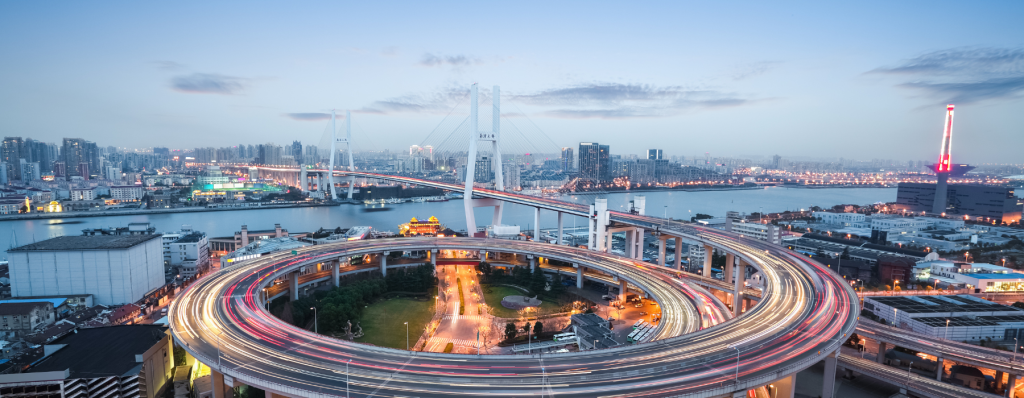Part of the MOBILIZED BUSINESS INTELLIGENCE™ vertical — actionable insights for decision-makers building resilient, regenerative value chains.
Moving beyond private car ownership isn’t just about convenience — it’s about rebuilding community wealth, reclaiming public space, and reducing emissions for a healthier future.
Why it matters: The one-car-per-person model strains infrastructure, pollutes cities, and drains local economies.
Transportation-as-a-service (TaaS) creates cleaner, more affordable, and more connected communities.
“Shared mobility reclaims streets for people, not just cars.”
The problem
- Private car ownership clogs streets and worsens air quality.
- Families spend 20–30% of income on cars that sit idle 95% of the time.
- Parking lots and highways take land from housing, parks, and local commerce.
- Oil dependency funnels profits out of communities.
The shift
TaaS reimagines transportation through shared, smart systems:
- Shared fleets: Electric cars, bikes, and buses replace private vehicles.
- Digital platforms: Unified apps for planning, booking, and paying.
- Integrated urban design: Walkable, vibrant neighborhoods connected by mobility hubs.
Why business should care
- Economic boost: Families save money, driving more local spending.
- Job creation: Building and maintaining shared fleets creates stable local jobs.
- Retail growth: Walkable, car-light areas increase foot traffic and local sales.
- Policy alignment: Billions in government funding support clean transit innovation.
By the numbers
- Transportation = #1 U.S. emissions source (28% of total).
- Each shared car can replace 9–13 private cars.
- Cities with strong transit see 30% more local business growth.
- Global TaaS market projected at $285B by 2030.
Case in point
- Helsinki, Finland: All-in-one mobility app integrates buses, trains, taxis, and bikes.
- Bogotá, Colombia: Bike-sharing and BRT systems reduce congestion and boost small businesses.
- Portland, OR: Car-free districts revitalized neighborhoods and increased retail revenue.
“Transportation-as-a-service creates cleaner air, safer streets, and thriving local economies.”
Bottom line
Moving beyond private car ownership isn’t just about convenience — it’s about rebuilding community wealth, reclaiming public space, and reducing emissions for a healthier future.
